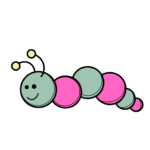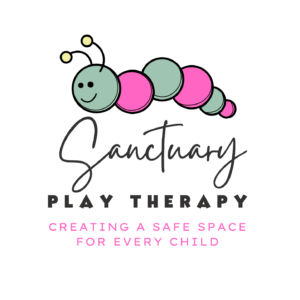
“We are never more fully alive, more completely ourselves, or more deeply engrossed in anything than when we are playing.” — Charles Schaefer.

Humanistic Play Therapy
A Non-Directive approach that uses play, a child’s natural medium of expression to play out their feelings and challenges.
This is a non-directive and child-centred approach to Play Therapy.
Humanistic play therapy is child focused. The therapist follows the child’s lead in play, allowing the child to use their language of play to communicate their inner world, their feelings, and their ideas.
“A way of Being rather than Doing”- This approach is different to therapeutic play as there are three distinct core conditions that facilitate the development of a secure therapeutic relationship. This relationship between the child and Therapist facilitates growth and healing and it is the role of the Play Therapist to create the “right” conditions.
At Sanctuary Play Therapy, a trained Play Therapist has total acceptance of the child as they present in therapy. The Play Therapist provides unconditional positive regard and provides deep empathy by attuning to the child’s emotions. Congruence is also an important attribute of the The Play Therapist in creating these conditions. The Therapist is real, open and genuine in the therapeutic relationship with the child.
The Play Therapist will use a well-defined set of skills in a consistent, predictable manner which creates an environment that promotes children’s self-expression and self-direction. Through child-led play, children will identify their emotions, play out their challenges, thoughts and successes, and become empowered. This is the essence of Humanistic Play Therapy.
Humanistic Play Therapy is based on the belief that the therapeutic relationship creates therapeutic change. This Child-Centered Play Therapy Process involves four stages. As the child progresses through the stages, the child’s relationship with the Therapist strengthens. These stages can be categorized into the; Warm-up stage, Aggressive stage, Regressive stage and Mastery stage.
